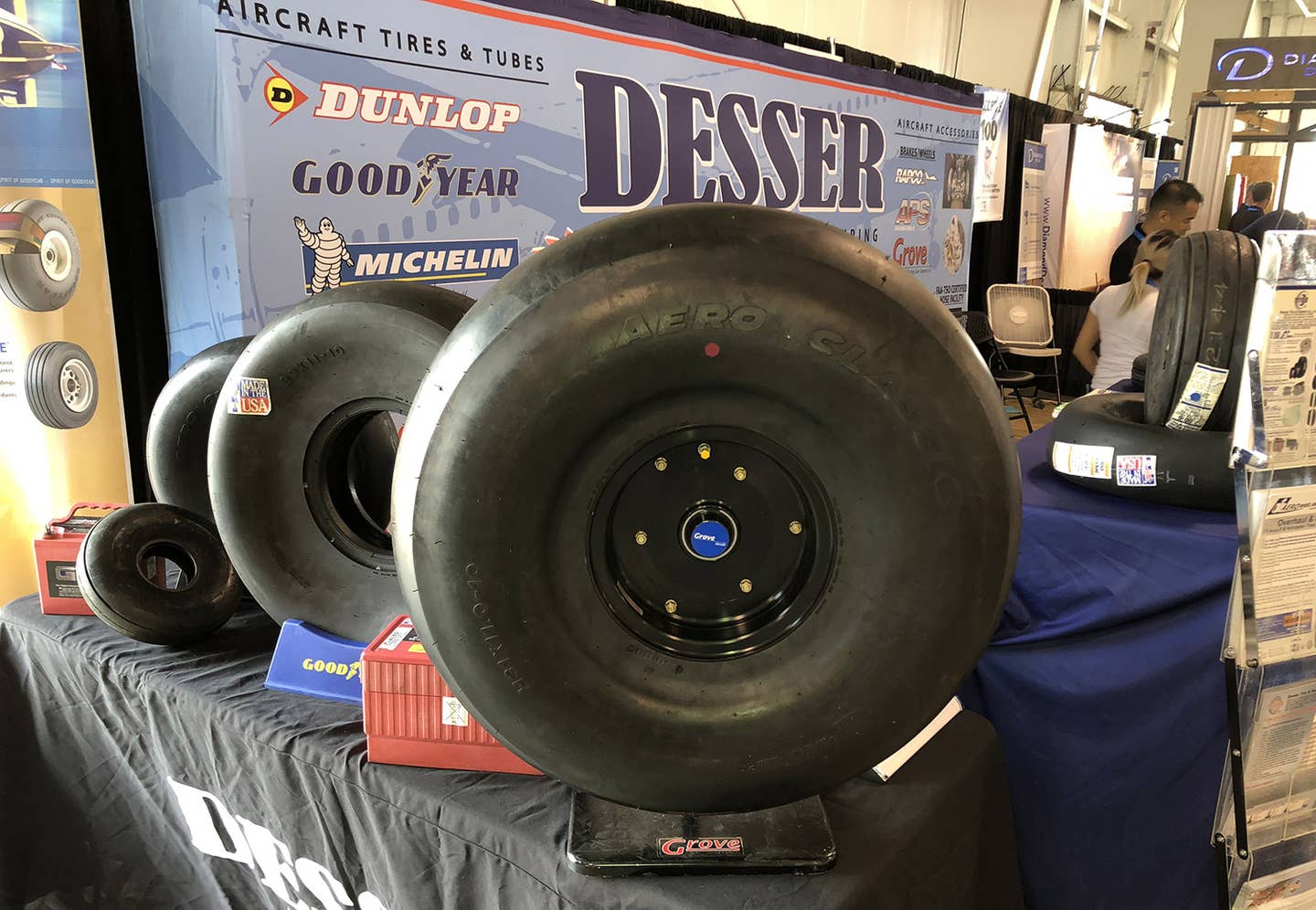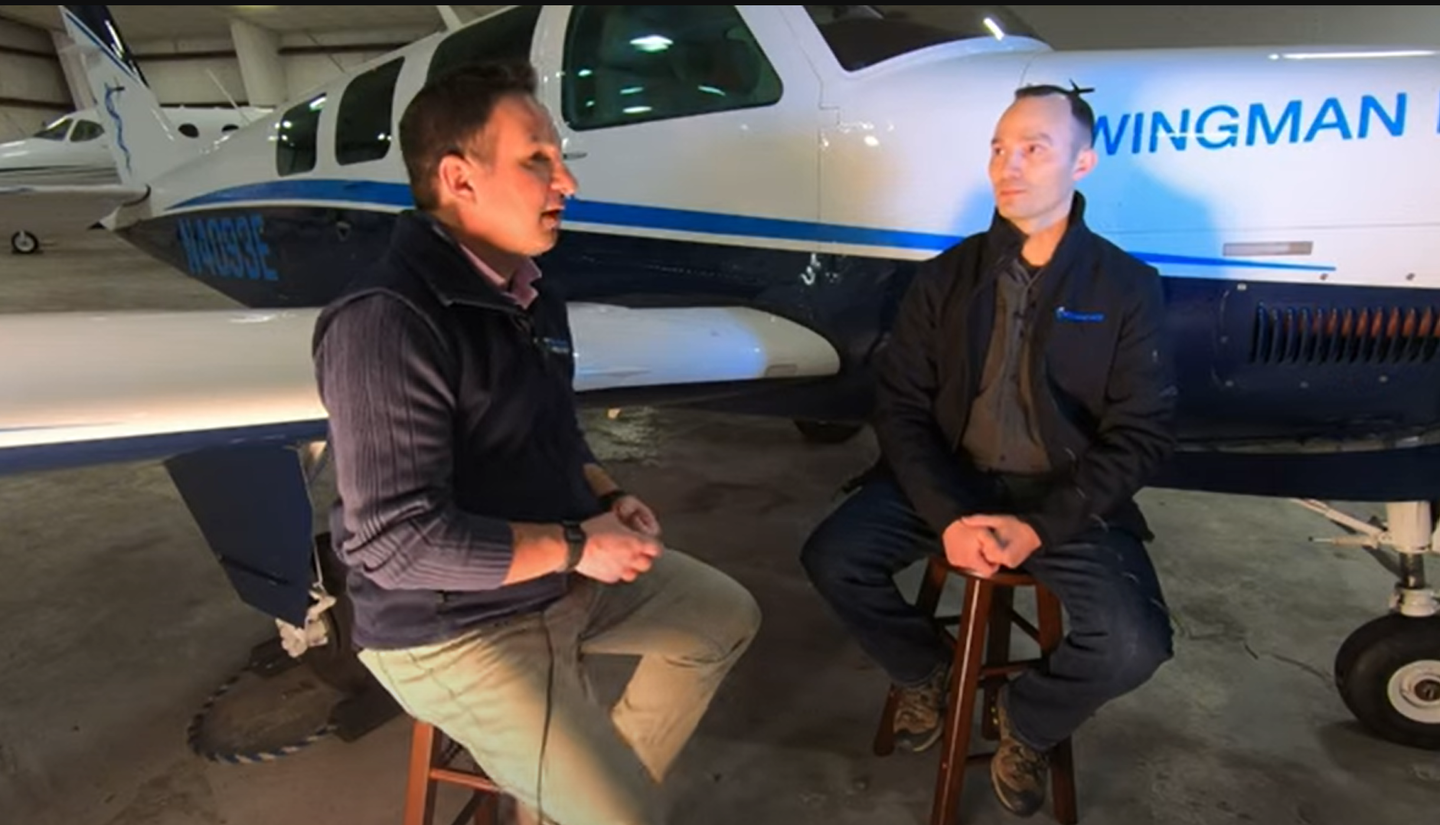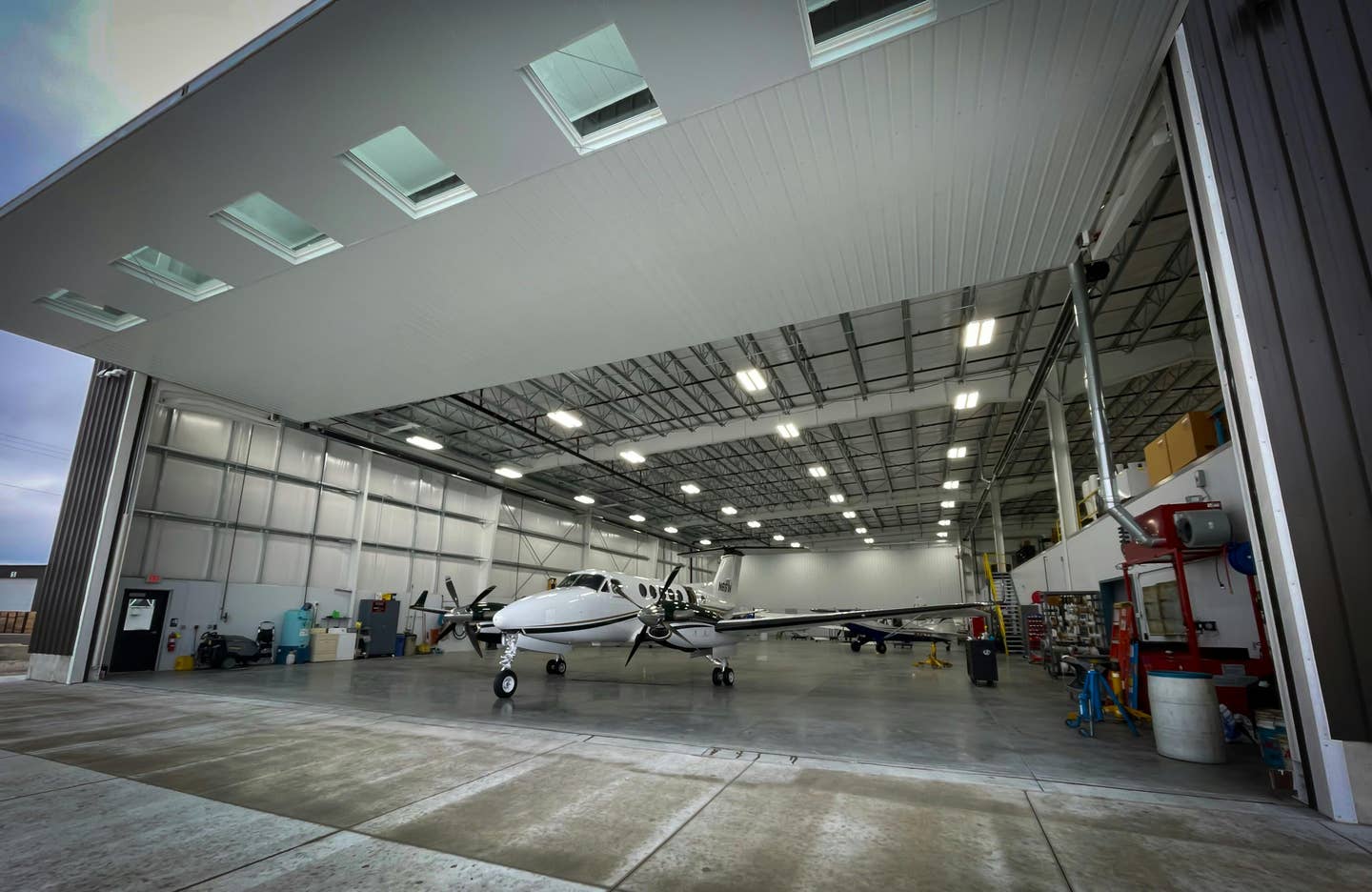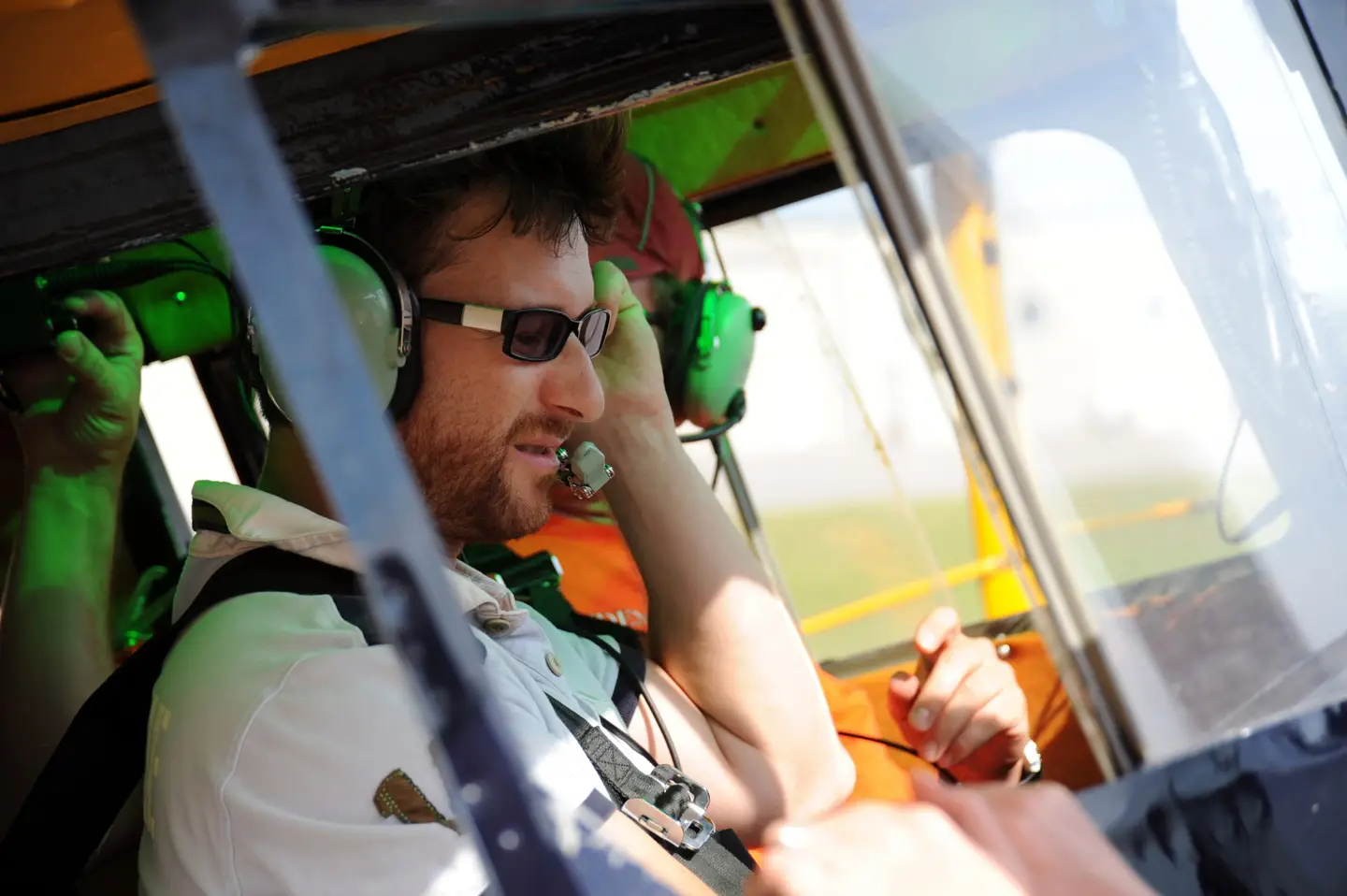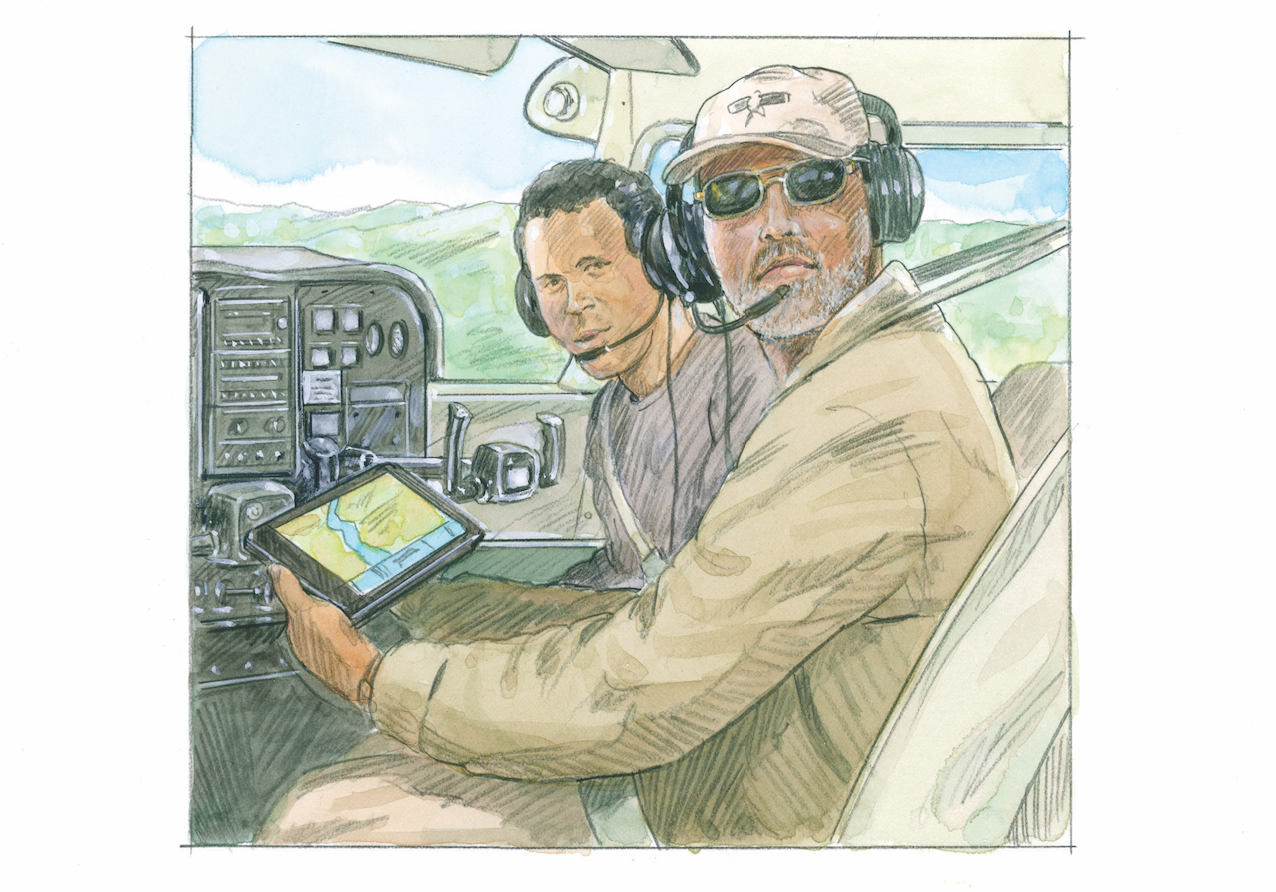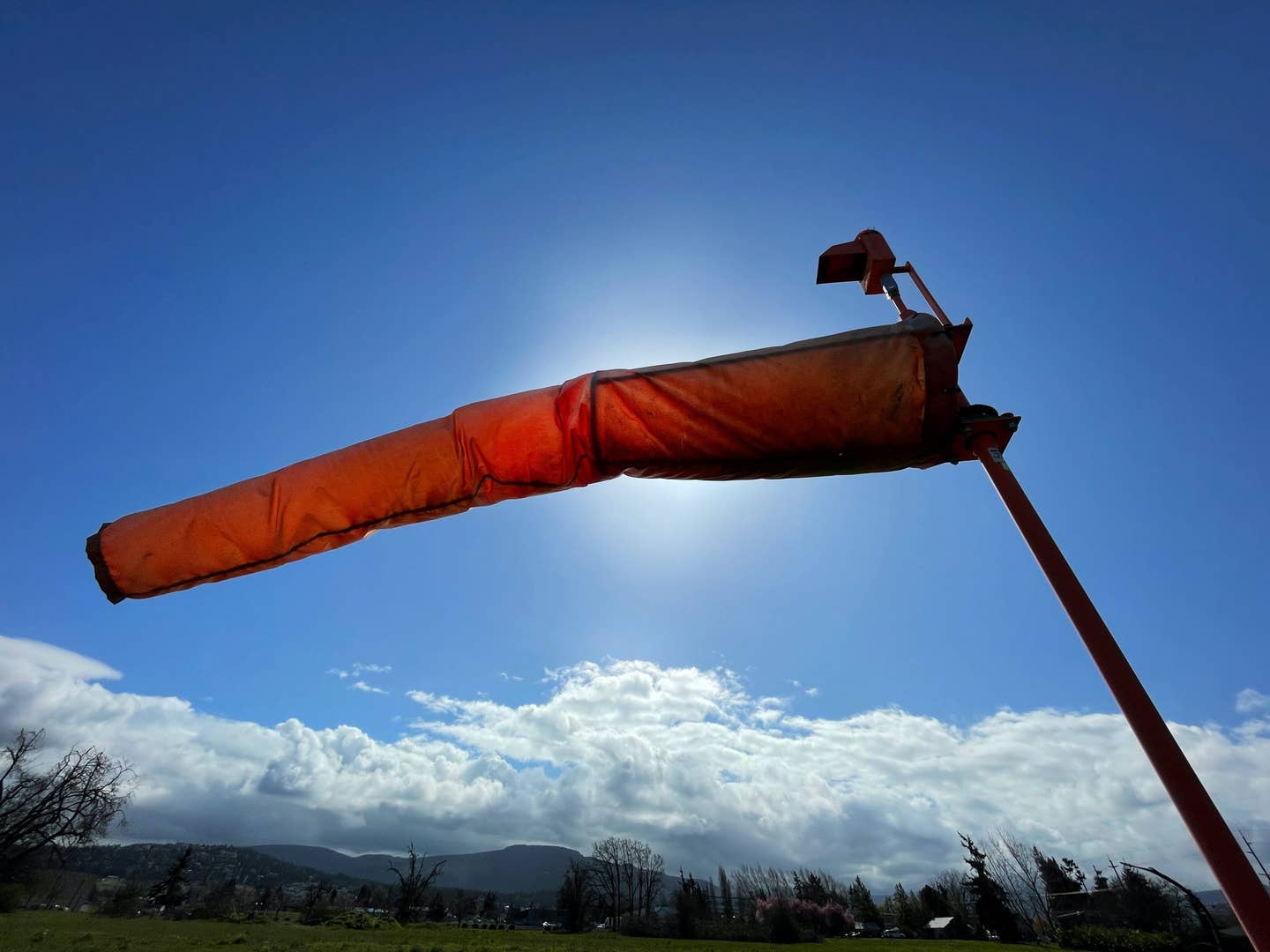Choosing A CFI
Not every CFI has been instructing for ages, and that’s a good thing. Here’s why a freshly minted instructor could be the best choice for you.
Would you want a surgeon to operate on you if he or she had never performed the procedure before? Most people would say not only "No", but, "Heck, no!" So why would you want to get flight training from someone who's a new instructor?
While there are some limitations of "newbie" instructors, much like a surgeon, just because you're their first customer doesn't mean they haven't been trained, aren't competent or don't know what they're doing. After all, even a surgeon has to have a "first patient." It's the only way to really build experience beyond the initial learning process.
An instructor who has recently been certificated has been through thorough training and FAA testing to be granted the privilege of training other pilots. That training is a fundamental basis from which these new instructors will teach students for ratings and certificates for which they have been authorized to provide training. And while that training is great, it doesn't mean that a new instructor has the experience to instruct every customer in every make and model of aircraft.
Airlines have been increasingly hiring pilots in record numbers, and a significant number of those pilots have been coming from the ranks of Certified Flight Instructors (CFIs). As those CFIs with enough hours to qualify for minimum hiring levels are scooped up by airlines, the instructors who are left to train new pilots tend to have limited time and experience in the instructor's seat. This is leaving customers with less "experienced" instructors from whom they can receive training.
A savvy customer looking for flight training can mitigate some of the risks of working with a "newbie" instructor if they consider a few things.
Lack Of Aircraft Experience
A minimally experienced instructor isn't necessarily the best choice for a student pilot if they're unfamiliar with the aircraft. If you're going to be training in a Cirrus SR22 and an instructor has only flown a Cessna 172, they aren't the best choice for you. Their ability to provide quality training will be undermined by their need to learn the aircraft and its systems at the same time as they're trying to teach their student. In situations like this, it's a good idea to find an instructor familiar with the equipment, which may require traveling a greater distance or paying a higher rate for the instruction. No instructor should try teaching in something they aren't familiar with. It's unfair to the student if the instructor is learning the aircraft or avionics while trying to teach.
A new instructor may provide a perfectly adequate IPC for a customer who's proficient in their Piper Saratoga, however, even though the instructor has never flown one before. There's some discretion that needs to be considered here. Be a savvy customer before engaging an instructor and know if your instructor's experience is going to be a good fit for your needs. It's perfectly fine to "interview" your instructor and critically evaluate if they have the experience to provide the training you're seeking.
Lack Of Weather Flying Experience
We all have to learn to fly in inclement weather conditions carefully and in incremental steps. Now, I'm not talking about learning to fly through thunderstorms; I'm talking about flying within reasonable IFR safe weather conditions. Getting your instrument training going in an aircraft with an instructor who has zero actual instrument time isn't going to be the best time to head out into IFR approach minimum flying as they try to learn what it's like to fly in those conditions at the same time they try to teach a student.
If you plan on working with a fresh instructor for an instrument rating, find one who has some experience or plan to fly with much higher minimums than the FAA prescribes.
There's nothing wrong with working with multiple instructors in these situations. Perhaps your primary instructor can be a freshly certificated one, but have a backup one available if you plan to use one of your lessons for a business trip that will need to fly if the weather minimums are lower than those for which your "newbie" instructor's experience might be best suited.
Instructor Turnover
Everyone has heard stories of students whose instructors left them partway through their training and caused significant training delays as the student worked to get a new instructor. This can cost time and real money as a customer works to get a new instructor up to speed on where they are in their training or even find another one. This problem has been more pronounced lately since instructors are more quickly able to move on to airline jobs than in the past. The turnover rate of instructors in some large training schools is less than six months of work time. For many students, this turnover moves faster than they will complete training.
A newbie instructor is more likely to end up moving on quickly to other jobs than one that has been stable in an instruction gig for a long period of time, does it as a side job or has chosen instruction as a professional career.
"Be a savvy customer before engaging an instructor and know if your instructor's experience is going to be a good fit for your needs. It's perfectly fine to ’interview' your instructor and critically evaluate if they have the experience to provide the training you're seeking."
When considering an instructor, ask them to discuss honestly with you if they're going to be there for the entire training effort. If they aren't, it doesn't mean you shouldn't use them, but it may change some of the strategy in the training.
If your instructor has the potential of moving on during your training efforts, make sure they're documenting your training process well so another instructor could step in and easily determine where you are in your training process. If the training operation has multiple instructors, it can be valuable to tag-team instruct with another instructor for parts of the training to enhance the ability to make training continuity more seamless if an instructor does move on to another job.
It's worth considering that most instructors who are seeking employment beyond a flight instruction job will commonly be hired at the 1500-hour experience mark, and many who have completed training at university or collegiate programs will be able to move on by 1000 hours. If you're considering training with an instructor who admits they're looking to move on to an airline and they have 1490 flight hours, you should strongly consider that they won't be there for the entire training process.
So does all this mean a newbie instructor is always bad?
Not necessarily. In fact, I've seen some "senior" instructors provide much worse instruction than a "newbie." In two recent cases, I'm confident that the applicants I saw on practical tests probably would have passed if they had worked with a newly certificated instructor instead of working with their old part-time instructor who obviously had not read the airplane flying handbook or a practical test standard within the last decade.
Newbie instructors are great for certificate and rating training. A new instructor is probably more current on training requirements and expectations for practical tests. They may also be more current in aircraft commonly used in flight training and more proficient at maneuvers than a part-time CFI who normally flies a Citation, but took on a student on the side just to help out a friend. In fact, they were recently tested on them. This means they're more likely to make sure all of the details are taken care of than someone who has been an instructor for 20 years, but may not have signed anyone off for a practical test in the last five years.
As an examiner, I actually get a little nervous when I get a call from a candidate for a practical test whose instructor hasn't had anyone take a test in a few years. There's a significantly higher likelihood that I'm going to find missing endorsements, incomplete training or even that they have been improperly trained on current maneuvers procedures. For customers seeking something like a standard private pilot or instrument pilot certificate, a freshly minted instructor may actually be better acquainted with current training and testing requirements.
New instructors may not be the best option for some types of training or in all types of aircraft, but they can be good options for more common training goals. Every instructor has to start somewhere, but that somewhere shouldn't be advanced or unique training, where their gaining experience will undermine the efficacy of the training a customer will receive. A customer should keep these factors in mind when interviewing an instructor they may use for training. If there are factors that can be mitigated, fantastic; if not, find an instructor who has the appropriate type of experience to most effectively provide the needed training.
Jason Blair is an active single and multi-engine instructor and FAA Designated Pilot Examiner with 4,900 hours total time and 2,850 hours instruction given. In his role as Examiner, over 900 pilot certificates have been issued.
Staying proficient is important, so be sure to visit our Risk archives, where the best instructors in aviation help you fly smarter and safer.
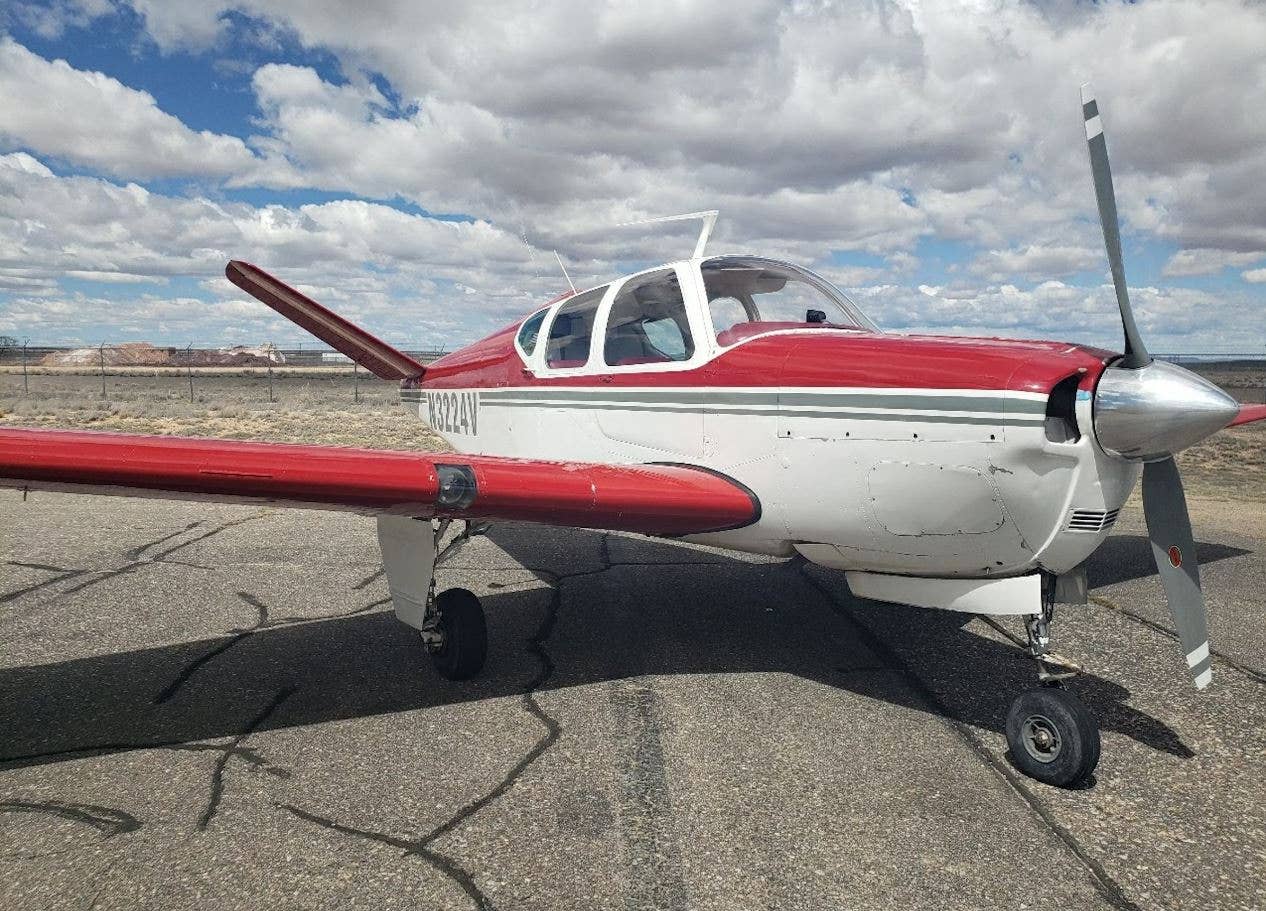
Subscribe to Our Newsletter
Get the latest Plane & Pilot Magazine stories delivered directly to your inbox

